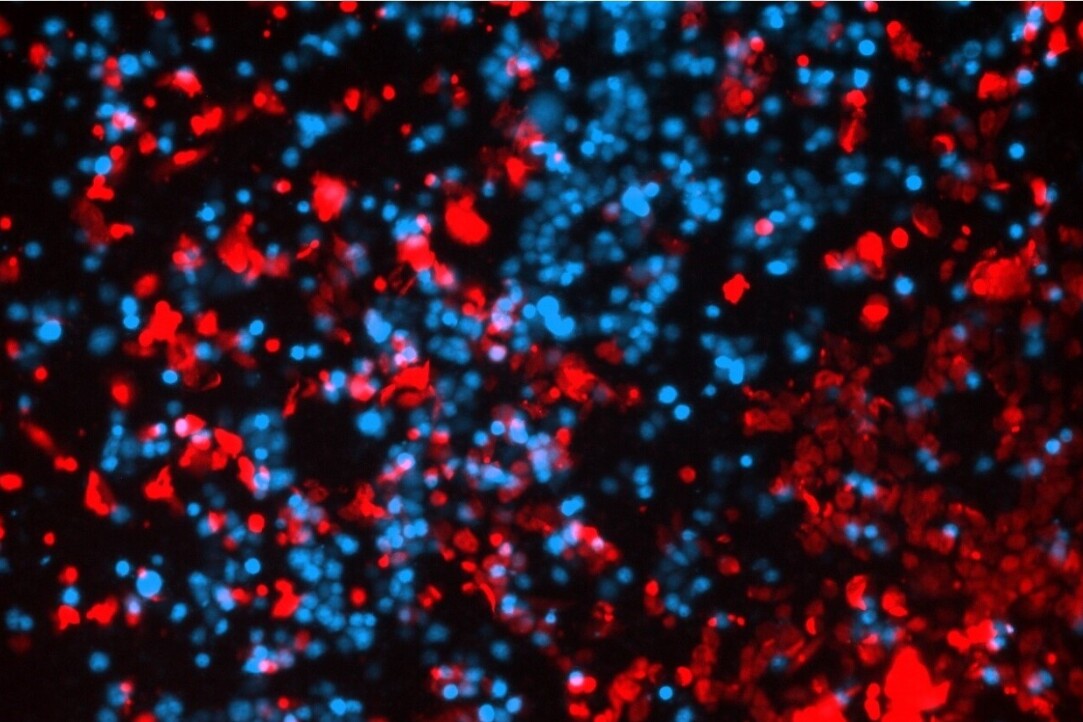The project to create a microfluidic model of the placenta on a chip was discussed at a seminar at the base department of the Institute of Bioorganic Chemistry of the Russian Academy of Sciences.

The seminar involved representatives from the National Medical Research Centre for Obstetrics, Gynecology and Perinatology named after Academician V.I.Kulakov of the Ministry of Health of the Russian Federation. The primary agenda of the seminar revolved around discussions related to a collaborative project aimed at developing a microfluidic model of the placenta-on-a-chip. During the seminar, representatives from the Joint Department, namely Knyazev E. N. and Tonevitskiy A. G., presented the outcomes of their independent experiments concerning the co-cultivation of human umbilical vein endothelial cells and the BeWo b30 choriocarcinoma as a model for the cellular component of the placental barrier. Additionally, representatives from the Kulakov Centre presented the results of cultivating human macrophages in various collagen gels, intended for modeling the immune component of the placental barrier. This modeling is geared towards potential investigations into the mechanisms underlying the development of preeclampsia. As a result of the seminar, a plan of joint actions was formulated for the development of an enhanced placenta-on-a-chip model.